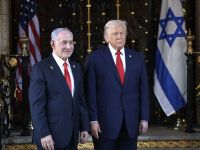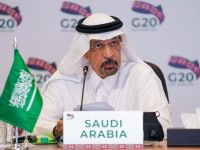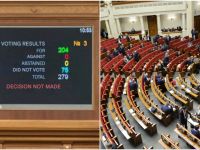The fragility of the global economy, the changing dynamics of world markets and the shift towards non-fossil fuels, have left Arab energy projects grappling with a huge financing gap, experts have concurred.
A total of 570 energy projects worth USD 77 billion are currently looking for financing, Dr Emad Al-Imam, an economic advisor at the Arab Fund for Economic and Social Development, said Tuesday at the 11th Arab Energy Conference currently held in the Moroccan city of Marrakech.
He noted that a financing gap in the fourth quarter of 2018 for a number of major energy projects had led some countries to change its development plans and priorities.
Resolving the funding problem depends on the future global energy demand and prices, he argued.
He suggested that a good strategy is the one which diversifies financing sources, expands partnerships and keeps close eyes on the market.
Moreover, Al-Imam expected an increase in the financing costs in the coming years as credit rating agencies have reduced the rating of several Arab countries nine times in 2017 only.
For his part, Chief Executive Officer the Arab Petroleum Investments Company (APICORP), Ahmad Ali Attiga, said that the Arab investments in the energy sector declined by about 25 percent during the period from 2014 to 2016.
He cited the rising of financing costs and the sluggish structural reforms as major impediments to investment in the energy sector in the Arab region.
Read More
Qatar’s Banking, Energy Sectors Stable and Profitable Despite Siege
Eight Energy-Saving Tips to Minimize Your Electricity Bill This Summer
Eight Energy-Saving Tips to Minimize Your Electricity Bill This Summer
Attiga, however, stated that the private sector's contribution in financing energy projects in the Arab region is in an upward curve.
It is currently financing about 20 percent of these projects, he said, forecasting a steady growth of their financing activities in the GCC countries.
Amid the current "trade war," Attiga predicted that energy prices would fall over the next five years at "reasonable and acceptable" rates.
He projected that Saudi Arabia, the UAE and Egypt will lead the Arab region towards balanced growth in the energy sector, noting that current growth estimates in the energy sector stand at four percent.
The four-day conference is organized by the Organization of Arab Petroleum Exporting Countries (OAPEC), the Arab Industrial Development and Mining Organization (AIDMO) under the theme of Energy and Arab Cooperation.
The main objectives of the conference are to establish an Arab institutional framework to review oil and energy issues, to identify and assess energy resources in Arab countries to enhance resource development, and to evaluate the impact of international energy policies on Arab countries.








